Resistance Training for Women Over 40
Resistance training, also known as strength training or weightlifting, is highly beneficial for women over 40. As you age, maintaining muscle mass becomes increasingly important for overall health, metabolism, and functional independence. Here are some guidelines for women over 40 who want to engage in effective resistance training:
Consult a Healthcare Professional: Before starting any new exercise program, especially if you have any pre-existing health conditions, it’s important to consult with a healthcare professional to ensure that resistance training is safe for you.
Set Clear Goals: Determine your fitness goals, whether they are to build muscle, increase strength, improve bone density, or simply enhance overall fitness.
Start Slowly: If you’re new to resistance training, start with light weights or bodyweight exercises to gradually build strength and prevent injury. Focus on proper form and technique.
Full-Body Workouts: Incorporate exercises that target all major muscle groups, including legs, back, chest, shoulders, and core. This ensures balanced muscle development and functional strength.
Progressive Overload: To see improvements, gradually increase the resistance (weight) you’re lifting over time. This progressive overload helps stimulate muscle growth and strength gains.
Compound Exercises: Incorporate compound exercises, which work multiple muscle groups at once. Examples include squats, deadlifts, bench presses, and overhead presses.
Isolation Exercises: Include isolation exercises to target specific muscles. These can help address any muscle imbalances and provide variety to your routine.
Frequency: Aim for at least 2-3 days of resistance training per week. Allow a day of rest between sessions to allow muscles to recover.
Warm-Up: Always start with a proper warm-up to increase blood flow to your muscles and prepare your body for the workout.
Proper Form: Focus on maintaining proper form throughout each exercise to prevent injuries. Consider working with a fitness professional or personal trainer to learn correct techniques.
Nutrition: Proper nutrition is essential for muscle recovery and growth. Ensure you’re getting adequate protein, healthy fats, and carbohydrates to fuel your workouts and aid in recovery.
Hydration: Stay hydrated before, during, and after your workouts to support optimal performance and recovery.
Rest and Recovery: Allow your muscles time to recover between workouts. Sleep is crucial for muscle repair and overall well-being.
Flexibility and Mobility: Incorporate flexibility and mobility exercises into your routine to maintain joint health and prevent stiffness.
Variety: Keep your workouts interesting by varying exercises, rep ranges, and workout formats. This prevents plateaus and keeps you motivated.
Listen to Your Body: Pay attention to how your body responds to different exercises and adjust your routine accordingly. If something causes pain or discomfort, stop and seek advice.
Supervision: If you’re unsure about proper form or technique, consider working with a fitness professional or personal trainer who can guide you.
Remember, everyone’s starting point and progress will vary. The key is to be consistent, patient, and focused on your goals. With dedication, resistance training can provide numerous benefits to women over 40, contributing to better overall health and quality of life.




